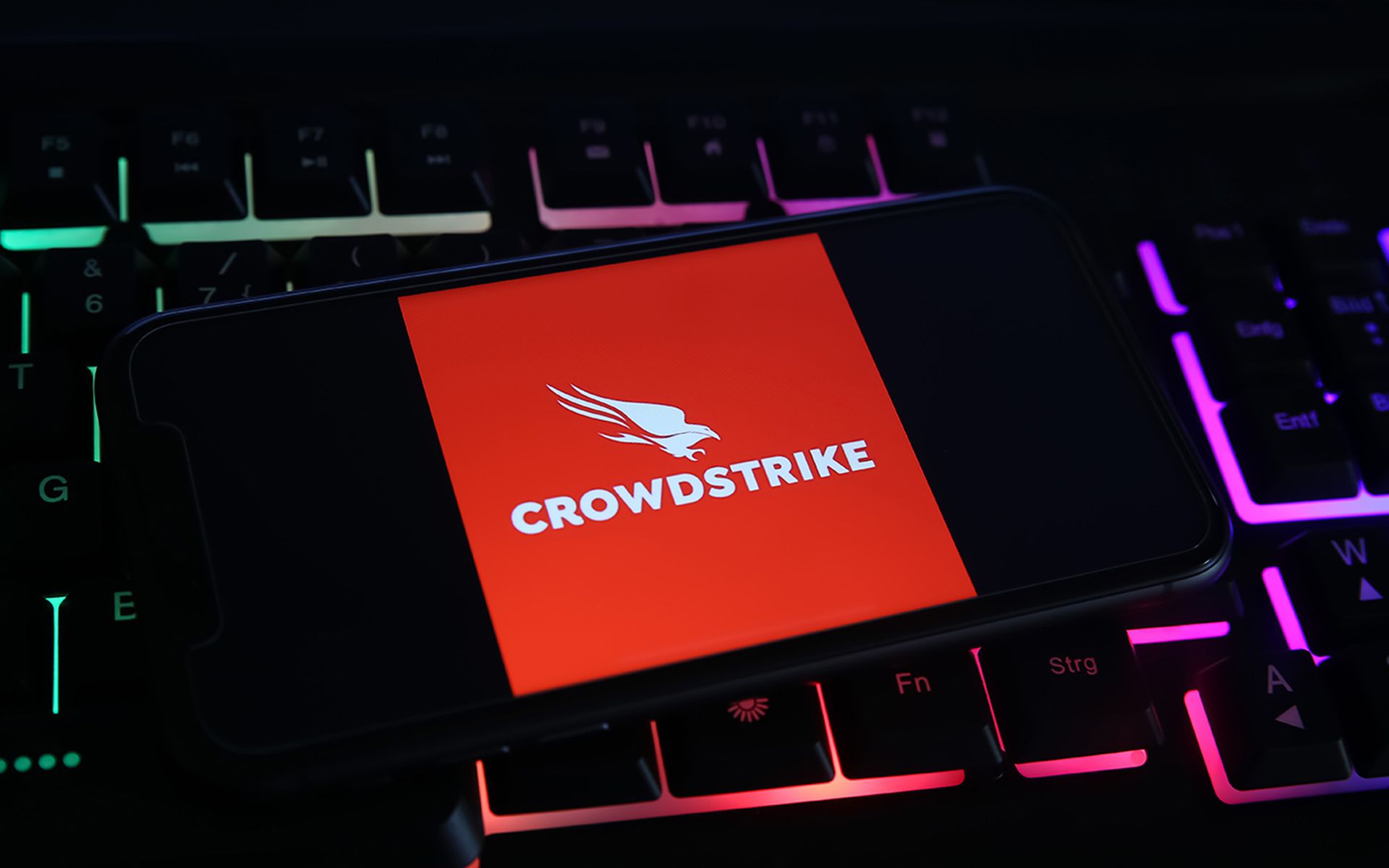Cowbell Cyber, which specializes in cyber insurance for small and midsize enterprises SMEs, is expanding the number of integrations with top cloud service providers and cybersecurity vendors in its Cowbell Connectors lineup as the number and severity of cyberattacks in the United States and worldwide continue to climb.
Cowbell executives this week said that the integrations – which amount to more than 30 and include cloud service providers and cybersecurity vendors – add to the inside-out data that the company can collect and complement the outside data that it already collects.
The Pleasanton, California, company isn’t stopping there, with executives expected to add another 30 connectors this year.
Inside-Out Data
In cyber insurance parlance, outside-in data assesses a company’s internal network and security posture by using tools like external scans and questionnaires. Meanwhile, inside-out data is collected from an organization’s IT environment to assess its security posture and risk profile. The data is gathered via sensors and other tools to scan assets, configurations, access points, and other parts of the environment that can affect cybersecurity.
The expanded integrations include cloud environments from the likes of Amazon Web Services, Microsoft Azure, and Google Cloud Platform, vulnerability scanners from Tenable, Qualys, and Rapid7, and endpoint solutions from CloudStrike, SentinelOne, and Sophos.
There also are identity and access management (IAM) platforms like Okta, Microsoft Entra, and Arnica and compliance tools from Qualys and SecurityStudio.
Better Security, Stronger Insurance
The inside-out data from the integrations are fed into Cowbell Factors, the company’s AI-powered risk ratings tool, which will help its policyholders to more quickly address vulnerabilities in their environments while making underwriting more precise, which leads to insurance coverage that more accurately characterizes their rise exposure.
“With threats evolving faster than ever, businesses must up their game,” Cowbell co-founder and Chief Product Officer Rajeev Gupta said. “This is where – following the launch of our Cowbell Resiliency Services unit in February this year – our expanded Cowbell Connectors come in.”
The new integrations come amid the backdrop of an ever-evolving cyberthreat landscape that includes emerging technologies like AI and an increasingly unstable geopolitical environment that includes attacks sponsored by China, Russia, and other nation states.
Cyberthreats and Breach Costs Rising
According to Cowbell, there were more than 6.85 billion records breached in the United States in 2024, while the average cost of a data breach grew to $9.36 million, and company executives said they expect those numbers to grow this year. Sophos found in its 2024 State of Ransomware report that the average cost for recovering from a ransomware attack hit $2.73 million last year, a jump from $1.82 million in 2023.
In a panel at the MSSP Alert Live 2024 conference last fall, speakers noted the rapid changes in cyber insurance rates since the accelerated incidents of ransomware attacks beginning in 2019. The rates grew and then dropped before stabilizing over the last couple of years, they said. During the event, Timothy Guim, president and CEO of PCH Technologies, said the rates should remain steady this year, while Dustin Bolander, founder and CEO of Beltex Insurance, said rates hadn’t gone up in 2024 for clients.
According to financial analytics firm S&P Global, cyber insurance is the fastest-growing sector in the global insurance market, with premiums reaching about $12 billion in 2022 and expectations that they will hit $23 billion by this year.
Strengthening Protections
Organizations are making moves to gain strong insurance and mitigate rising costs. A survey of 300 decision-makers by identity management firm Delinea last year found that U.S. companies are increasingly adopting AI and proof-of-identity controls to bolster their security.
“Given that identity and privilege compromises account for 47% of attacks leading to insurance claims, this is hardly surprising,” Delinea President Rick Hanson said at the time. “Investing in identity security solutions has become essential for securing cyber insurance.”
In addition, 62% of respondents said they filed a cyber insurance claim over the previous 12 months, with 27% saying they filed multiple claims. The report also focused on the importance of identity protection, with 41% of insurance companies requiring proof of least privilege access controls or authorization before they’d issue a policy. In addition, 95% of U.S. companies investments in identity security solutions was needed before they could get cyber insurance.
Half of U.S. companies are using AI-supported threat detection and monitoring solutions, which also are important in lowering cyber insurance premiums, Delinea found.
Cowbell earlier this introduced Identity AI as part of its Cowbell Resiliency Services, which continuously monitors and secures user identities across such platforms as Microsoft 365, Microsoft Defender, Google Workspace, Duo, Okta, Salesforce, Amazon Cloud Trails, and MSP remote monitoring and management (RMM) tools.
Features include AI-driven log streaming, cyber intelligence, and automated mediation, and it helps organizations to more rapidly discover zero-day threats and protect against business email compromise (BED) attacks, according to the company.




